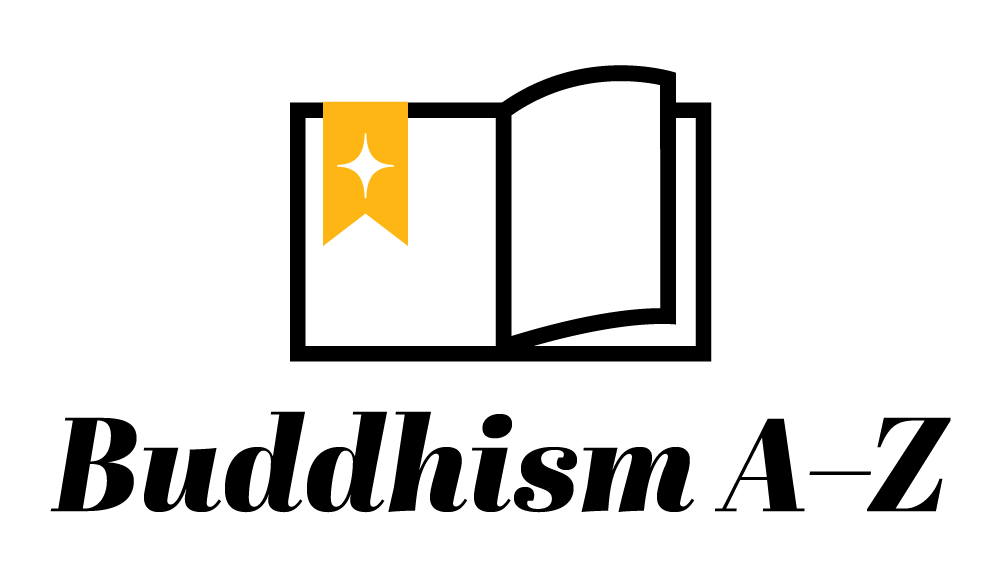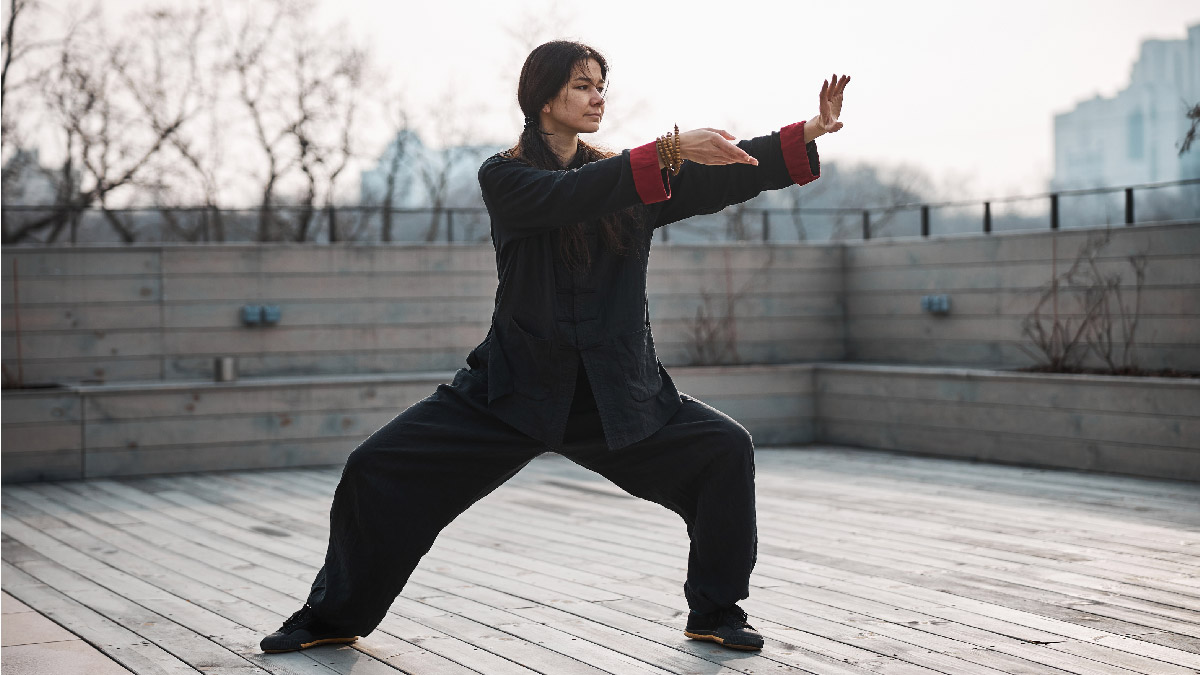Qigong (pronounced “chee-gong” or “chi kung”) is a holistic system of coordinated body postures, movements, breathing techniques, and meditation. Qigong is said to improve physical and mental well-being, enhance energy flow, and promote spiritual growth. It does this, the tradition teaches, by harmonizing the body’s vital energy, called qi or chi.
In the context of Buddhism, qigong might be practiced as a form of mindfulness meditation or as a means to cultivate inner energy and concentration. Some Buddhist practitioners incorporate qigong exercises into their daily routines to support their meditation practice and maintain physical health.
There is archeological evidence that the origins of Qigong go back thousands of years in China. Qigong practices were incorporated into Daoism and Confucianism long before Buddhism was introduced to China in the 1st century CE. So, it is not specifically a Buddhist practice but a part of Chinese culture that is practiced by many Buddhists throughout East Asia.
Key Elements of Qigong
Breathing
Qigong emphasizes specific patterns of deep and mindful breathing. Breathing techniques are synchronized with movements or held postures to promote relaxation, enhance oxygen flow, and regulate the flow of qi in the body.
Movement
Qigong involves gentle, flowing movements and postures that are often repetitive and slow-paced. These movements can be simple or complex and are designed to promote balance, flexibility, and coordination.
Meditation and Visualization
Many qigong practices include meditation or focused visualization. Practitioners may concentrate on the flow of energy, the breath, or specific bodily sensations, to achieve a tranquil and focused state of mind.
Self-Massage
Some forms of qigong incorporate self-massage techniques to stimulate specific acupressure points or meridians, promoting the free flow of qi and overall well-being.
Mind-Body Connection
Qigong places a strong emphasis on the mind-body connection. It encourages practitioners to be fully present in the moment, cultivating mindfulness and relaxation.
Benefits of Practicing Qigong
Qigong is especially known for reducing stress and improving balance and flexibility. It can enhance energy levels and mental clarity. It’s sometimes used as part of pain management, and it may boost immunity.
Buddhism A–Z
Explore essential Buddhist terms, concepts, and traditions.

